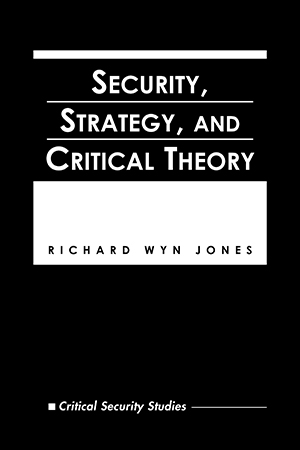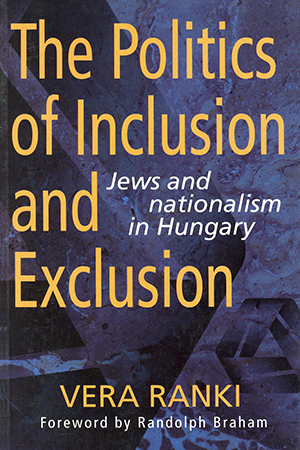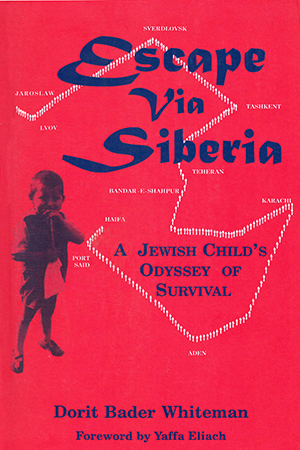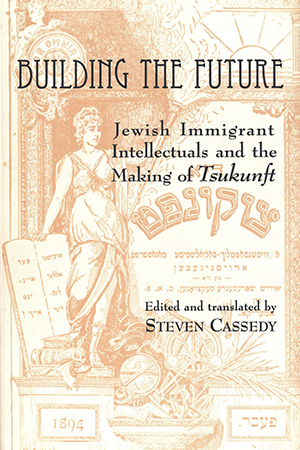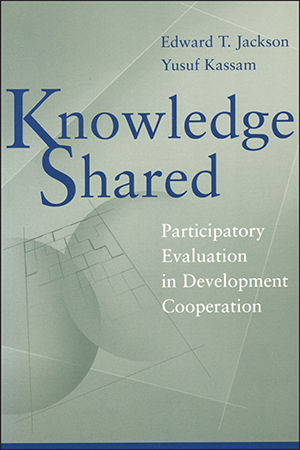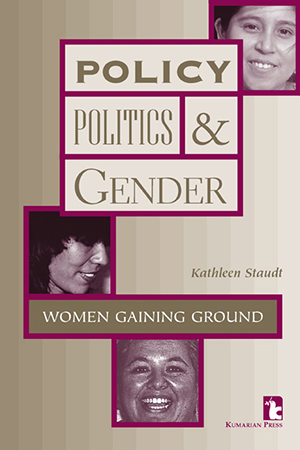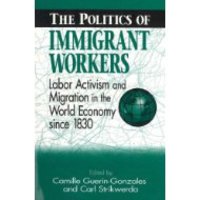BOOKS
Laying out the conceptual foundations of critical security studies, Richard Wyn Jones uses the ideas of the Frankfurt School to advance critical thought about security, strategy, and the More >
Topics include: Protecting Democracy by Controlling State Crime in Advanced Industrialized Countries; Controlling State Crime in the United Kingdom; Controlling State Crime in the United More >
An anthology includes 14 previously unpublished papers exploring the potential of restorative justice to serve as an overarching vision for the juvenile justice system and outlining a More >
An anthology includes nine previously unpublished studies and reviews that evaluate the uses of closed-circuit television (CCTV) and improvements to street lighting to help prevent crime More >
Choice Outstanding Academic Book! Tracing the social history of Jews in Hungary from the mid-nineteenth to the mid-twentieth century, Vera Ranki reveals how state policies shifted from More >
Through the dramatic true story of one boy—Eliott "Lonek" Jaroslawicz—Dorit Bader Whiteman coveys the stories of the dramatic escape of thousands of Polish Jews from More >
First published in 1892, Di Tsukunft [The Future]—the world's oldest and longest-running Yiddish publication—was touted as a sophisticated monthly that would enlighten Jewish More >
This book examines an approach to evaluation that enables citizens and professionals alike to jointly assess the extent to which the benefits of development are shared—and by whom. It More >
Here is a book that finally identifies and develops the connections between women's politics and public policies and practices at national and international levels. Kathleen Staudt More >



